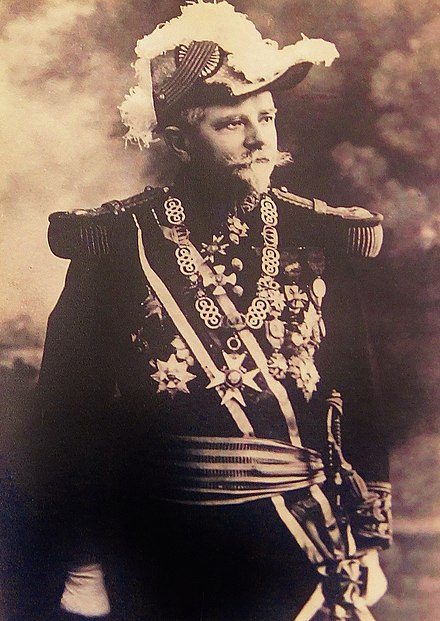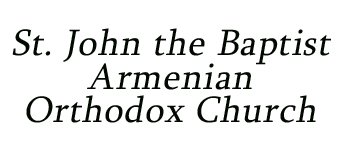DEATH OF LOUIS DARTIGE DU FOURNET
February 16, 1940
 Louis Dartige du Fournet was the French officer who completed the epic resistance of Musa Dagh by rescuing the Armenians that had taken to the mountain to fight the Turkish order of deportation in 1915.
Louis Dartige du Fournet was the French officer who completed the epic resistance of Musa Dagh by rescuing the Armenians that had taken to the mountain to fight the Turkish order of deportation in 1915.
He was born in Putanges-Pont-Écrepin on March 2, 1856. He entered the French Naval Academy and graduated as his class valedictorian. He served in various ships from 1874 and 1885, while climbing the ranks to lieutenant (1883). In 1893 Dartige du Fournet became commanding officer of the gunboat Comète and participated in the Franco-Siamese conflict. He was promoted to frigate captain in the same year and commander in 1897. He served as commanding officer of various ships operating in the Far East and was promoted to captain in 1901, rear admiral in 1909, and vice admiral in 1913. He became a Knight of the Legion of Honor in 1885, Officer in 1897, Commander in 1913, and Grand Officer in 1916.
During the First Balkan War (1912-1913), he commanded the French fleet in the Mediterranean Sea and carried out a campaign in the Eastern Mediteranean. He then served as maritime prefect of Algeria and Tunisia until August 1914, when France entered World War I. Dartige du Fournet first became commander of the newly created French 3rd Squadron in February 1915, and then of the Allied Dardanelles Squadron in September 1915.
On September 5, the Armenian population of the six villages of the Musa Dagh entrenched in the mountain, who had been resisting the Ottoman attacks for more than a month and a half, used a white bed sheet marked with a red cross to attract the attention of the French protected cruiser Guichen, which was operating north of the Bay of Antioch under the command of Captain Jean-Joseph Brisson. Brisson brought the Armenians’ desperate situation to the attention of Vice Admiral Dartige du Fournet, who sought instructions from the French general staff. Lacking any clear answer, he took upon himself the responsibility for evacuating the Armenians. A total of 4,080 people embarked on five French ships on September 12-13, 1915, and were transported to Port Said, Egypt.
In October 1915, Dartige du Fournet replaced Vice Admiral Augustin Boré de Lapeyrère as Allied commander in the Mediterranean Sea. He directed the evacuation of the Serbian army from Albania, which was completed in February 1916, and received the War Cross with palms.
As part of the Allied efforts to pressure King Constantine I of Greece into a more pro-Allied stance, Dartige du Fournet led a French naval squadron into the Bay of Salamis, seizing and disarming the Greek fleet in October 1916. In late November, after the Greek government failed to comply with a demand to provide arms and ammunition for pro-Allied Greek volunteers fighting on the Salonica front, he headed a French naval force into the port of Piraeus and went ashore with a landing party, which reached Athens. However, the French group had to withdraw on December 3 due to the unexpected resistance of Greek royalist forces, leaving 70 casualties among the sailors. Torpedo boats and the battleship Mirabeau shelled Athens to enable the French and their British allies to disengage.
He was relieved of command on December 11 by Admiral Lucien Lacaze, French Minister of the Navy, who had criticized him for refusing to bombard Athens more vigorously and accused him of weakness and recklessness. Louis Dartigue du Fournet was rehabilitated by the end of the war, but retired in 1918 to his villa in Périgueux, where he died on February 16, 1940. He is buried in Saint-Chamassy in Dordogne.


